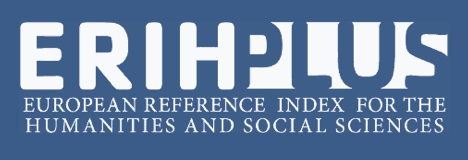Pakistan’s Rising Women Empowerment: A Mixed Methods Study
Abstract
Pakistan has made visible progress in empowering women through education. Though enrollment of females in primary education is low, yet women have surpassed men in higher degree programs. Pakistani women reflect a positive picture of women empowerment by contributing to every walk of life. In the past two decades, when Pakistan was focusing on empowering women, a significant rise has been observed in domestic violence against women and suicide rate among them. Domestic violence and suicide attempt are crimes according to Pakistani laws. In the light of Social Disorganization Theory, the present research draws a unique connection of rising women empowerment with a clash of traditional ideals and modern approaches. It underscores the importance of the issue ignored by social scientists, civil society, and the government of Pakistan. The social disorganization theory describes the factors present in the surrounding environment responsible for the increased crime rate. The present study explores and discusses those factors in the societal struggle to maintain social ideals and modern approaches in parallel. This qualitative study employs a mixed-methods design and uses an in-depth literature review, close-ended questionnaires, and open-ended interviews to achieve the research objectives. The study randomly selects its sample (n=150) from different educational backgrounds and age brackets. While stressing transforming the societal perceptions, the study findings highlight the underlying problems and challenges women face in the struggle for empowerment. The study concludes that if women, being the “Social Fathers” of society, continue to suffer, it will bring catastrophic effects to the whole social fabric of Pakistan. Furthermore, the study provides limitations and directions for future research.

This work is licensed under a Creative Commons Attribution-NonCommercial 4.0 International License.













.jpg)








